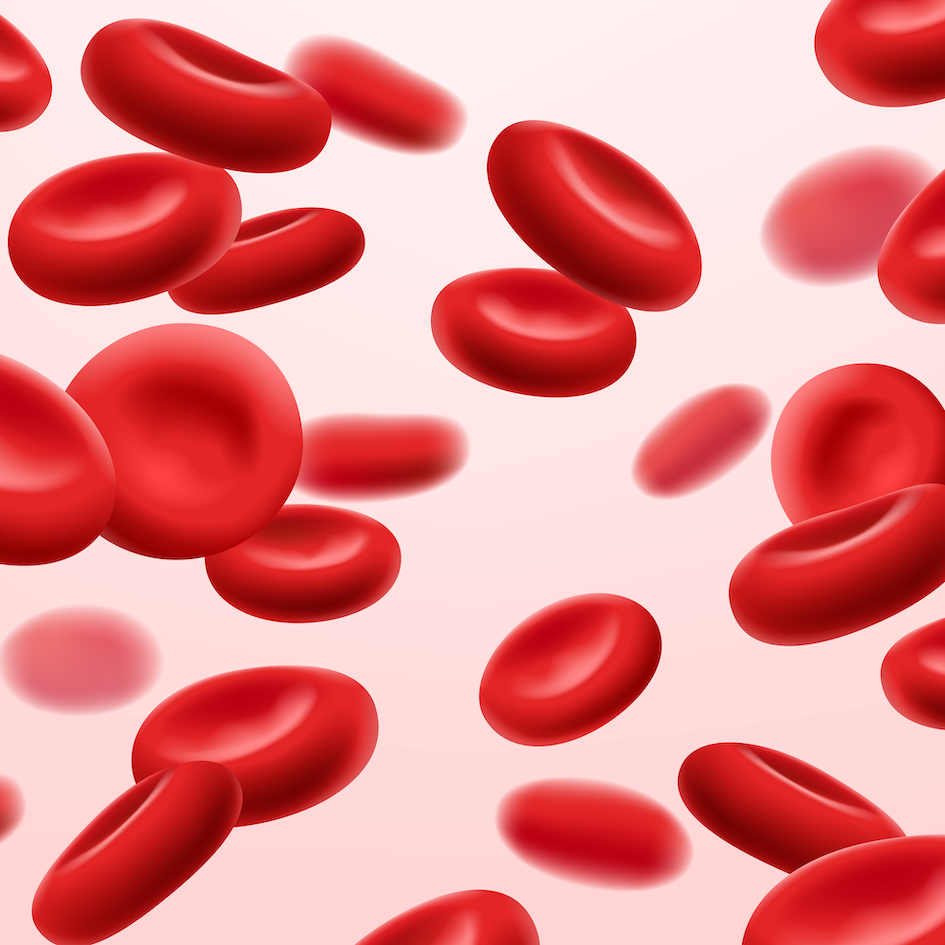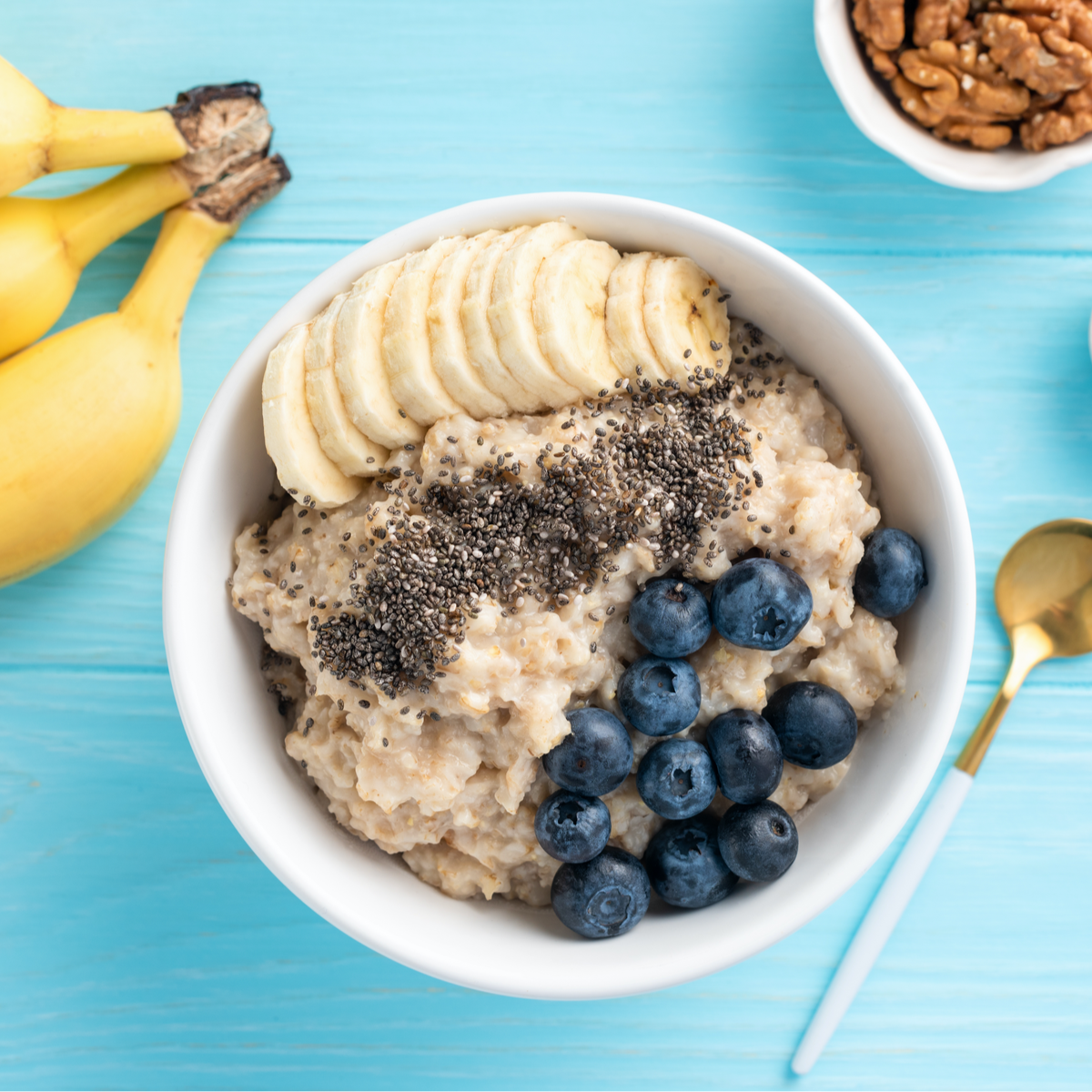 Rapid weight loss is a horrible idea, they say. “It wrecks your metabolism”. “You’ll only lose muscle”.
Rapid weight loss is a horrible idea, they say. “It wrecks your metabolism”. “You’ll only lose muscle”.
Is it really that bad? The surge of interest in fasting for weight loss had me wondering what really happens when we lose weight quickly.
It turns out that the differences in how sprint and marathon dieting impact your body are more grey than black and white. Sprint dieting even has some potential upsides. Let’s dig into the science so that you can weigh the pros and cons for yourself.
Upsides of Sprint Dieting
The clearest potential benefit of sprint dieting is that you get it over with quickly. Some people perform better when faced with a short, but intense challenge, rather than a sustained moderate challenge.
Studies comparing sprinters and marathoners on the same diet but with different daily calories can shed light on the tradeoff. In this 2016 study, the target loss of 7 kg (15 lbs) total mass was attained in five weeks for sprint dieters, compared to twelve weeks for marathon dieters. In this 2017 study, sprint dieters took about 5 weeks to lose 5% of total body mass (~5 kg or 12 lbs), whereas marathon dieters took about 15 weeks to achieve the same loss.
In addition, very low calorie diets may offer some of the emerging health benefits of fasting, though it’s still early days. There are many outstanding questions, such as who is likely to benefit, and what “dose” of fasting is needed. Studies such as this 2017 randomized human trial showing potential metabolic benefits of a “fasting mimicking diet” are tantalizing.
Caveat: General vs Specific Weight Loss Benefits? It can be difficult to separate the metabolic benefits of a specific weight loss method from the general health benefits of losing weight. In obese adults, weight loss often improves health biomarkers, such as blood pressure, blood lipids (e.g. trigylcerides and LDL cholesterol), and inflammatory markers (e.g. c-Reactive Protein) across a wide range of diets.
Downsides of Sprint Dieting
Let’s dig into some data to see whether or not the commonly held beliefs around the physical harms of sprint dieting are supported by science.
Body composition
Studies consistently report that sprint diets produce proportionally more loss of lean mass relative to fat mass compared to marathon diets.
For example, in this 2016 study of 57 overweight or obese adults, sprint dieters (500 calories daily) shed less body fat (4.7% vs 5.4%) and more lean muscle (1.2 kg vs 0.6 kg out of ~7 kg), on average, than marathon dieters (1250 calories daily).
Similarly, in this 2017 study of 42 overweight or obese adults, sprint dieters (1000–1500 calorie deficit) lost less fat and more lean mass than marathon dieters (500–750 calorie deficit). The sprinters dropped 1.2% body fat at a cost of ~ 2.2 kg of lean mass; while the marathoners shed 2.7% body fat at a cost of ~1.0 kg of lean tissue.
Nerd Note: Watch for selective framing. The same results can send very different messages depending on how they are framed. To caution against sprinting, one could say “sprinters lost twice as much lean mass (1.2 kg / 0.6 kg)”. A less cautious message could be: “sprinters dieters lost 600 grams less lean muscle (1.2 kg — 0.6 kg)”.
It’s a similar story in older adults, as shown by this 2017 randomized trial study which included 41 subjects assigned to a very low calorie diet plus exercise (seriously intense!). Over three months, these sprinters shed a lot of fat (down 16.8%), but paid a price in lean mass (down 4.8%), and bone mineral density (down 1.2%). On balance, their lean-to-fat ratio improved. By comparison, those in the exercise plus slow and steady diet groups lost 5% of their total body mass.
Nerd Note: Statistically Significant Versus Personally Meaningful: When reading research study results, it’s important to note that “statistically significant” simply means unlikely to occur by chance. A “statistically significant” difference between two diets may not make sense for you to factor it into your decision making if the actual effect size is puny (e.g. a couple hundred grams of lean mass).
Results from trials of alternate day fasting diets (fasting days followed by feasting days) reinforce the notion that fasting need not destroy your body composition. This 2018 study of 100 overweight and obese adults found no differences in total weight loss or in the proportion of lean versus fat mass lost between standard daily calorie restriction (25% deficit) compared to alternate day fasting over six months.
Metabolic damage?
Dramatic statements like “crash dieting permanently damages your metabolism” are not well supported by evidence. The question of whether or not there is a long-term metabolic “penalty” associated with calorie restriction is hotly debated in the scientific community. It’s clear that our metabolic needs drop when we lose weight, and when we are in an active calorie deficit, but it’s not clear whether or not the long term changes exceed the expected changes in calorie needs based on reduced body mass and food intake alone.
Nerd Note: Adaptive Thermogenesis. This term refers to changes in energy expenditure that are independent from changes in body size and composition. Check out this 2016 scientific review to learn more.
Some scientists believe that we pay a lasting metabolic price for weight loss, up to several years down the road, while others disagree. One recent, highly visible, result in support of a long-term metabolic cost came from a small 2016 study of participants in the TV show “The Biggest Loser” — though the interpretation as challenged by other scientist here. On the other side of the debate, this 2000 trial reported that a dampened metabolism (and thyroid hormone activity) are only transient, and return to normal once energy balance is restored.
Ultimately, what matters most is whether or not it’s harder to maintain weight loss after crash dieting. The limited data we have on this question, such as this 2016 study, suggest that this is not necessarily the case — over nine months of follow-up, sprint dieters did not experience greater weight regain than marathon dieters.
Other Considerations: mindset, Habits and More
Sprint dieting can come with a mental downside that is just as important — perhaps more so — than the physical side.
A huge calorie deficit can mean a deep sense of deprivation, not to mention brutal hunger. Our tolerance to this experience is highly personal. It can easily be a show-stopper.
Last but not least, sprint dieting is missed opportunity to build the long term habits needed for weight loss maintenance. We are guaranteed to regain the weight we lost if we revert to our old ways after the diet is over. The importance of setting yourself for long-term weight maintenance cannot be understated.
Caveats
Sprint dieting can mean a greater risk of nutritional deficiencies; thus it’s important to undertake this strategy carefully, and with appropriate supplementation.
Sprint dieting is incompatible with certain medical conditions. Please consult with your doctor if you are uncertain of its appropriateness.
The Bottom Line
Maintaining a healthy weight for life is a marathon. The sooner you accept this, and begin training, the better!
At the same time, rapid weight loss is a viable, alternative to slow and steady weight loss. While the greater loss of lean mass is not ideal, you are likely to still walk away with a net win for your body. You can always rebuild what you lost after the fact with resistance training.
Can we please stop with the unfounded dismissal of rapid weight loss?
In reality, you don’t have to choose one or the other. You may find that the odd sprint gives you a bit of encouragement to stick with your marathon. Choose the strategy that best suits you, but never lose sight of the long term race that you’re in.
Disclaimer: This article should not be viewed as medical advice. If you are have concerns about appropriate diet strategies for your personal situation, please consult with your physician or dietician. Perhaps share the latest research with them!





